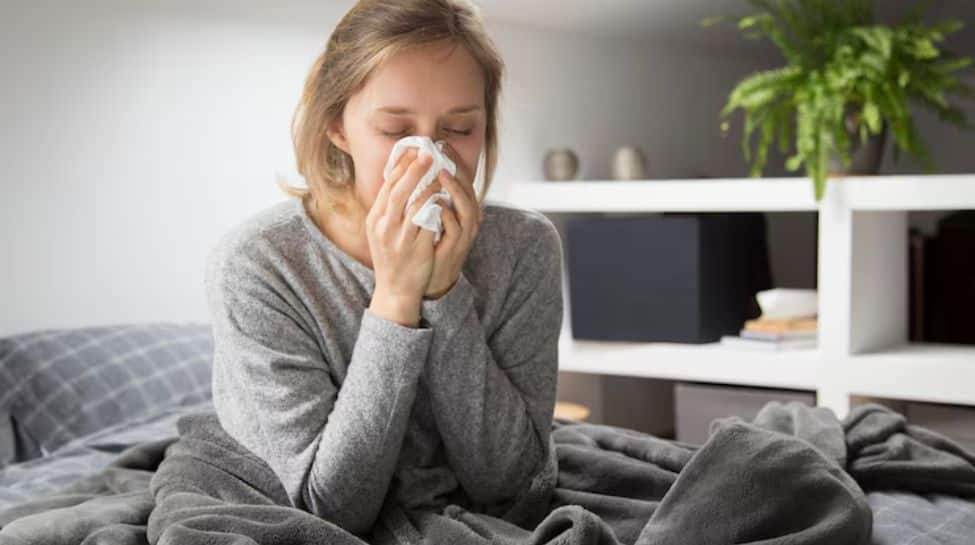While the monsoon season brings a welcome drop in temperature, it also increases the risk of infections and seasonal illnesses. For employees managing busy schedules, the onset of the rains requires extra caution to avoid falling sick and missing workdays. The combination of high humidity, waterlogging, and contamination makes this season particularly challenging from a health perspective.
Dr. Vikram Vora, Medical Director and Chief Health Officer (Indian Subcontinent), International SOS shares simple steps employees can take to stay safe.
Monsoon Illnesses You Should Know About
The warm, damp conditions during the rains are ideal for the growth and spread of bacteria, viruses, and fungi. This results in a spike in multiple types of diseases—some inconvenient, others quite serious.
Waterborne illnesses are among the most common. These include diarrheal diseases, cholera, typhoid, and hepatitis A and E. The primary cause is the consumption of contaminated water or food. Stagnant water and poor sanitation
further contribute to their spread.
Mosquito-borne infections like dengue, malaria, chikungunya, and Japanese encephalitis are also on the rise during this season. Accumulated rainwater in coolers, flower pots, garbage bins, and clogged drains provides mosquitoes with ideal breeding grounds, often right inside or around residential and office areas.
Airborne diseases are more prevalent due to increased humidity and poor ventilation. This promotes the growth of fungi and mold, which can worsen asthma, allergies, and respiratory infections such as the common cold and flu.
Skin infections also surge. Constant exposure to wet clothing and sweaty feet creates the perfect setup for fungal infections such as athlete’s foot and ringworm. Even small cuts or wounds take longer to heal and are more likely to get infected.
Another serious concern is leptospirosis, which is caused by exposure to floodwaters contaminated with the urine of infected animals. Walking barefoot or wading through such waters significantly raises the risk.
Prevention Tips for the Monsoon Season
Preventing these illnesses is possible with a few consistent and mindful precautions:
● Always drink boiled or filtered water. Avoid consuming juices or ice from street vendors.
● Stick to freshly prepared, home-cooked meals. Avoid raw salads, chutneys, or street food.
● Use mosquito repellents, wear full-sleeved clothing, and ensure no water stagnation in and around your home or workplace.
● Bathe daily, keep feet dry, and choose breathable footwear. Don’t walk barefoot in wet areas.
● Carry rain gear when commuting and change out of wet clothes immediately to avoid chills or viral infections.
Do’s and Don’ts for a Healthy Monsoon
Do’s
- Wash your hands often with soap.
- Keep nails clean and trimmed.
- Disinfect floors and frequently touched surfaces.
- Stay hydrated with clean water.
- Use mosquito nets or repellents at night.
Don’ts
- Don’t allow water to stagnate in containers or trash.
- Don’t consume open or uncovered fruits sold outside.
- Avoid walking through floodwater unless absolutely necessary.
- Don’t ignore persistent fever, diarrhea, or unexplained aches.
- Never self-medicate; always consult a doctor.
By prioritizing hygiene, clean eating, and quick medical attention, employees can stay healthy throughout the rainy season. A little vigilance goes a long way because prevention is always better than a cure.

